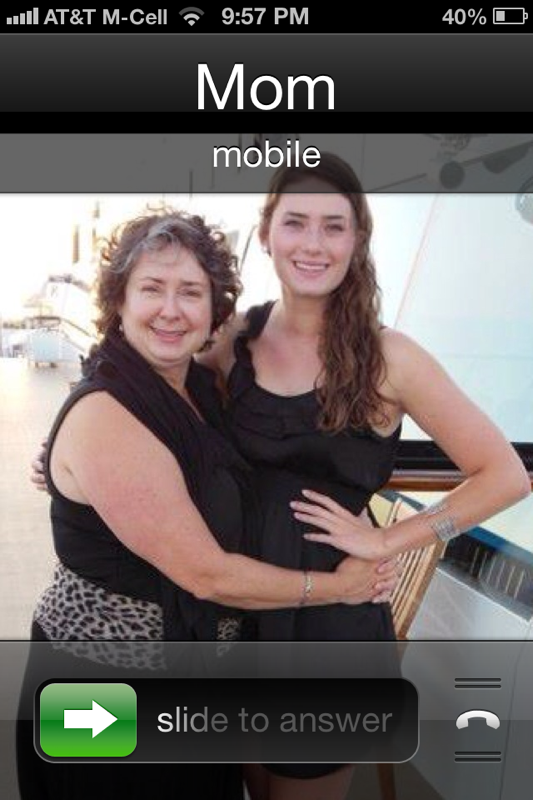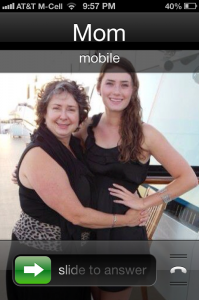

It’s 2:20, the bell just rang and so did my phone. It’s my mom– surprise.
She called to ask if I was hungry and whether or not she should cook something before she left for an appointment.
This probably sounds ridiculous to most people, but it’s been this way my entire life.
“Helicopter Parents,” like mine, hover over the lives of their children. They attempt to live vicariously through their children’s experiences. In trying to know everything about their child’s life, they abuse their extreme involvement in the child’s school life, extracurriculars and overall well-being.
Helicopter parenting leaves its traces in their child’s education. Instead of allowing, or encouraging their student to contact teachers, study or write college applications, independently, these parents often take this responsibility upon themselves. Also, helicopter parents are known for pushing their students’ academic success and heavily rewarding them for any achievements.
Helicopter parents are often accused of “overparenting,” which results in harmful long term effects on their child. Students become dependant on these rewards and praise for menial achievements, and struggle facing defeat later in life. USA Today said, “These kids may not have a clue about how to succeed on their own or how to bounce back from failure.”
Perhaps technology is to blame for the growing prevalence of these helicopter parents in recent generations. Cell phones were donned the “world’s largest umbilical cord” by Richard Mullendore, Ph.D. and Professor at University of Georgia. Aside from keeping in constant contact with them, parents are now able to track the location of their child through GPS features, and they can monitor texts, tweets and other means of communication.
There’s no doubt helicopter parents care about their children a lot (if not too much). However, the effects of this stronghold they have on their children’s lives may be disabling them more than assisting. Some experts suggest their kids can’t learn to solve problems, play by themselves and be independent. It’s crucial for these helicopter parents to recognize the difference between nurturing and smothering their kids.